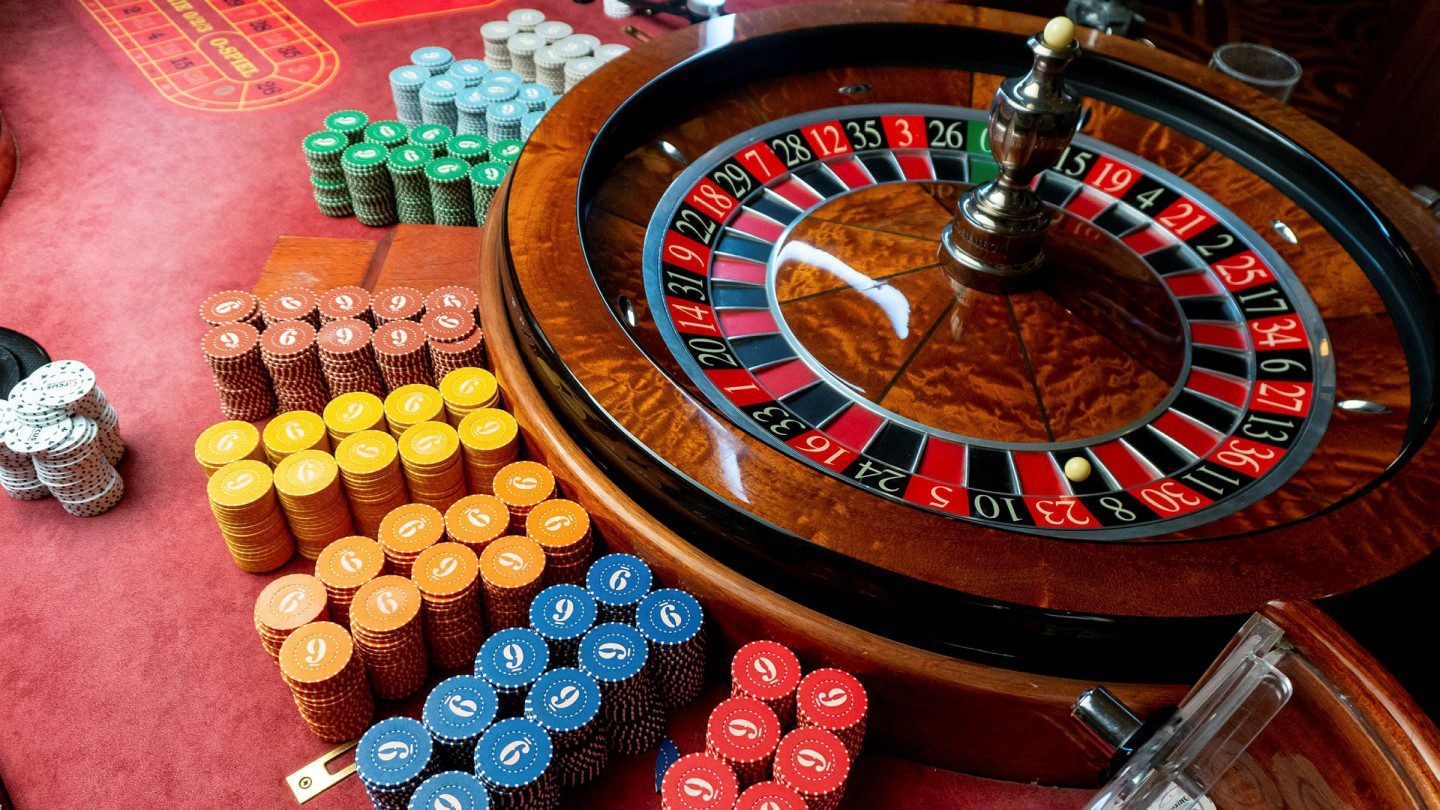
Casino games have long been a significant aspect of human culture, providing not just entertainment but a fascinating reflection of our hopes, dreams, and fears. From the turning reels of a slot machine to the strategic gameplay of poker, these games embody a spectrum of human emotions and experiences. At their core, casino games are not just a chance to make profits; they are a reflection of life itself, where risk versus reward merge and fate can change in an moment.
As players assemble around tables or sit in front of brightly lit machines, they participate in a ritual that transcends mere playing. These games reflect our innate desires for relationships, excitement, and the search for fortune. They also reveal deeper truths about human nature, such as our relationship with chance and the thrill of uncertainty. In exploring casino games, we discover not only the mechanics of play but also the intricate pattern of the human journey, showcasing our interconnected narratives of goal and reality.
The Mind Behind Gambling
Gambling is deeply rooted in the psyche of individuals, appealing to various emotions and desires. The excitement of taking risks is a core aspect that draws players in, be it it’s thrill of spinning a roulette or the excitement of drawing a winning hand in a poker game. This adrenaline is often compared to other forms of excitement, as the uncertainty of outcomes triggers a unique psychological response. Gamblers often become entranced by the possibility of striking it rich, leading to an irresistible draw toward casino games.
Additionally, a crucial component of the psychology behind gambling is the concept of hope and ambition. Participants often nourish dreams of financial freedom and the luxurious lifestyle that can follow winning. This optimism fuels their ongoing participation in casino games, as it provides a sense of purpose and the conviction that a life-changing win could be just one wager away. The narrative of overcoming odds and finding success resonates with many, reinforcing their dedication to play and involve themselves with these games.
Lastly, social dynamics play a significant role in gambling psychology. Gambling venues are designed to foster social interaction, where players gather to share the experience of wins and losses. This shared aspect not only enhances enjoyment but also affects behavior, as individuals often mimic the actions of others around them. The collective approval found in mutual thrill can enhance the emotional experience, making casino games a reflection of not just personal desires but also shared involvement within the gambling community. free spins no deposit no GamStop
## The Dual Nature of Risk and Reward
Casino games embody the delicate balance between risk and reward that resonates profoundly with the human experience. The excitement of placing a wager is often accompanied by a surge of excitement, as players are confronted with the chance of a huge payout, yet fully aware of the possibility to suffer losses. This dual experience reflects a core aspect of life: the choices we make often come with built-in risks, and the pursuit of reward can drive us to make risky moves we might not typically consider. In this way, gambling activities mirror real-world choices, enticing gamblers to gamble not just their capital, but also their hopes.
The allure of grand jackpots and winnings fuels a sense of optimism, motivating gamblers to dream of a brighter future that could manifest from a fortunate turn of the roulette or turn of a card. This hope can compel individuals to engage in riskier behaviors, urging them to extend their limits in search of economic benefit. However, just as in life, the results of these decisions can lead to both victory and failure. The narratives of both jackpot winners and those who have faced losses everything at the casino demonstrate the chaotic nature of luck and its significant repercussions on our existence.
Ultimately, the interaction of engaging with casino games serves as a strong reminder of the human condition. Every game played is imbued with the tension of uncertainty, as players weigh the gains against the risks. This interaction not only highlights the thrill that comes with gambling but also reveals the vulnerabilities that come with the urge for more. As we explore the complexities of decision-making and results in both the gambling world and in life, we find that the search for benefit shapes our sense of self and experiences in profound ways.
Society and Loneliness in Casino Culture
Gambling environment is a special blend of social interaction and personal pursuit, reflecting the tensions of human experience. Gamblers often gather around games, experiencing in the excitement of the action, celebrating wins, and sympathizing over losses. This social aspect is essential, as it fosters a sense of community and bonding among varied groups of people. Regular visitors to gaming establishments may form friendships and establish routines, turning the gambling venue into a alternative home where they feel linked to a larger community of players.
However, the attraction of gambling activities can also lead to loneliness. As individuals become immersed in the thrill of playing, they may isolate from personal connections or neglect to interact with the environment outside the casino. For some, the search of a windfall can distract from genuine connections, leading to isolation. The experience of being surrounded people yet experiencing solitary is not uncommon, as the attention shifts from collective fun to the individual stakes of each individual’s path.
This interplay of community and solitude creates a rich mosaic that defines casino culture. It highlights the complexity of human interactions, where joy and despair exist together. Casinos serve as both a sanctuary for social engagement and a platform for individual struggles, demonstrating how intimately entwined our desire for connection and the personal quest for fortune can be. In navigating this environment, players confront their own narratives—seeking both the thrill of the game and the companionship of other players, eventually mirroring the broader spectrum of individual experience.